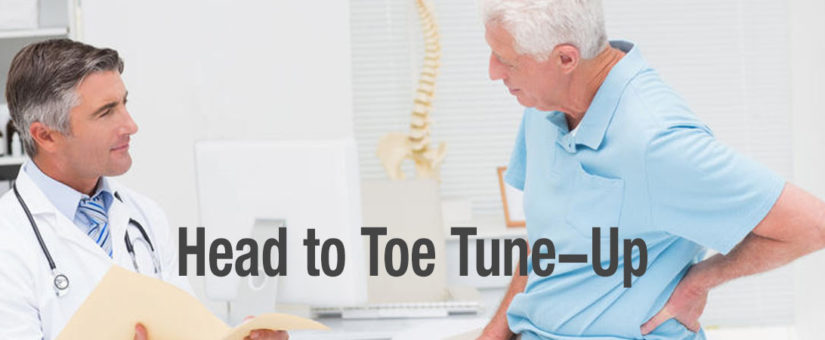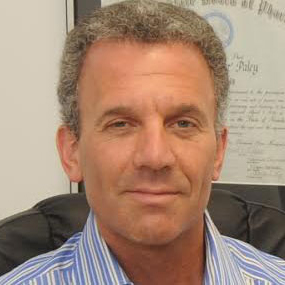
Head To Toe Tune-Up
- exam, health exam, physical
For Your Good Health…
Tips for getting the most from your health exam
The health examination, with its three parts – history, physical examination and laboratory tests – is essential to good health care. Through this combination, the health exam will screen for cancer, cardiovascular disease and infectious disease and will include a careful social history to uncover special risk factors. The exam should also include some attention to reducing those risks.
The first 15 minutes of the health exam will generally be dedicated to the patient’s medical history. It’s the history, with its medical and social components, that’s the key to making the health exam more than the sum of its parts.
The history gives physicians the tools they need to understand what they observe in the physical part of the exam and tells them what tests are likely to be useful. If the doctor has seen the patient before, he will check the chart and see where things may have changed, as well as noting whether the patient has been able to follow any previous recommendations.
The medical history is the patient’s chance to actively engage in his own health care. It includes questions about past illnesses and hospitalizations, allergies and medications. It is also important to note any symptoms that the patient may have currently, or has experienced in the past.
The social history involves learning as much as possible about the patient’s lifestyle as it might affect his health. Adult lifestyle issues include stress, alcohol use, nutrition, fitness, and self-care. Travel outside the country or outdoor vacations may indicate special risks. In addition, sexual history may be difficult but very important to talk about.
The second part of the health exam is the actual physical examination. Although the examination may be systematic and quick, it should never be cursory. As the examiner moves down the body, extra time and attention are focused on areas that the history has drawn attention to.
The third part of the health exam will be laboratory tests based on the history and physical examination. Some are routine (pap smear or cholesterol), depending only on the patient’s age and general health; others (chest X-rays, for example) are ordered based on the history and examination.
To get the most from a health exam, be prepared:
- Write down your most important concerns. Our staff can provide guidance to help identify the information that is most useful to your physician, such as a blood pressure log or symptom journal.
- Make a list of any medications you normally take, including non-prescription drugs. Medications can interact in unexpected ways.
- Talk about alternative therapies you may have tried or use currently. Don’t be afraid to talk to your doctor about what you are doing. Many supplements can interact with prescription medications.
- If you find yourself uncomfortable talking to your doctor, consider finding a new one. Remember that a good health exam depends on the dialogue between the examiner and the patient.
If a higher level of wellness is a personal goal of yours, but you are in need of some external guidance and motivation, contact your neighborhood Pharmacist / Nutritionist / Fitness Professionals at Carnegie-Sargent’s Pharmacy and Health Center. (312) 280-1220. Remember health promotion begins with you!

Ask Your Pharmacist – Have a question for us? Give us a call or stop in for a private consultation. If you’d prefer, send a message below and it may end up in a future Ask the Pharmacist article.
– Mark Paley, Registered Pharmacist/Director


